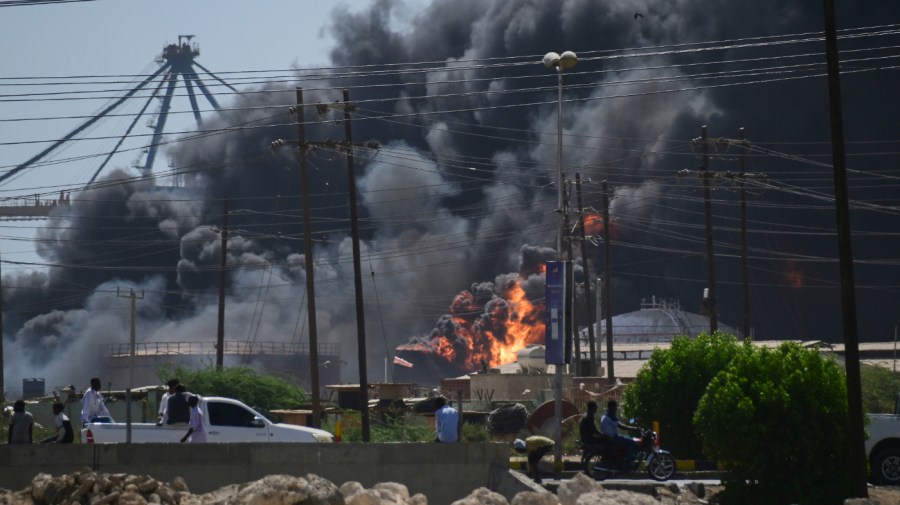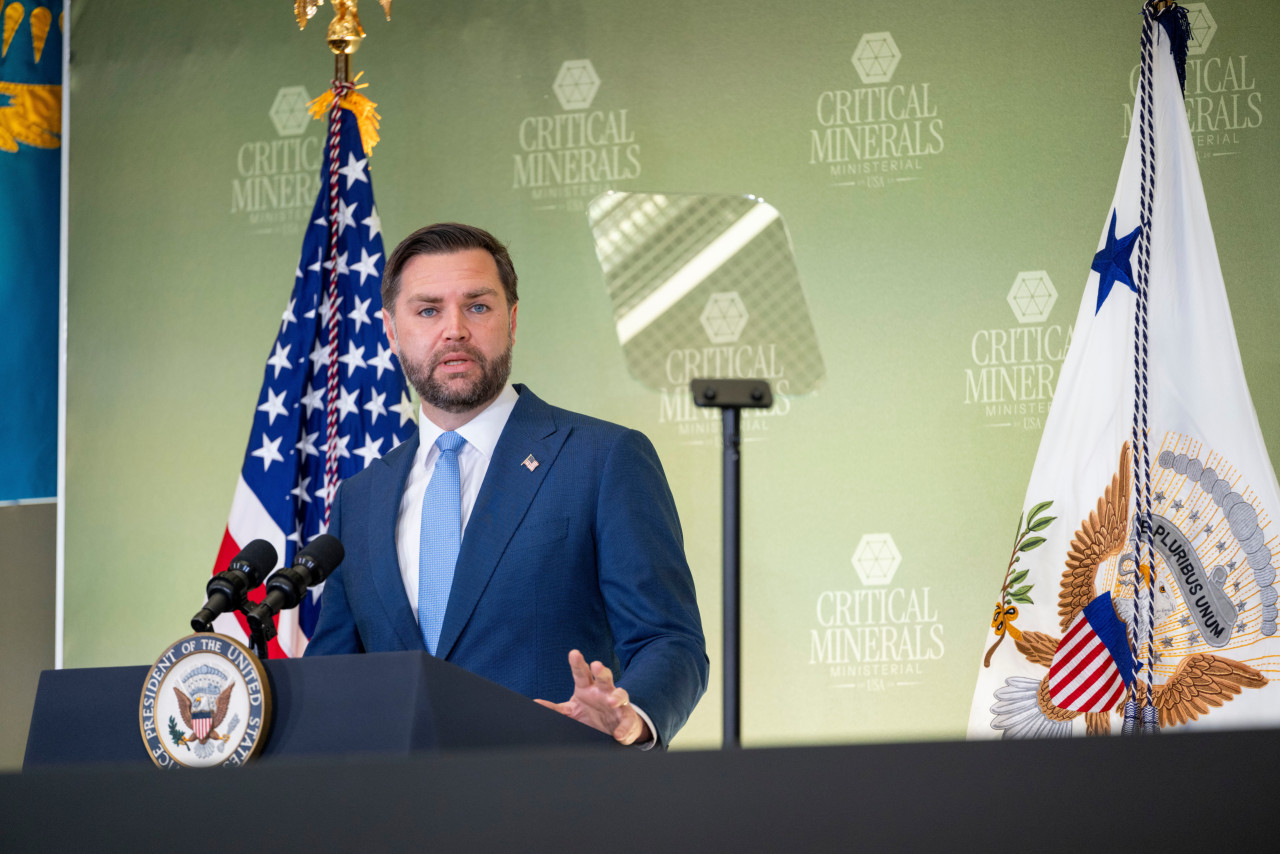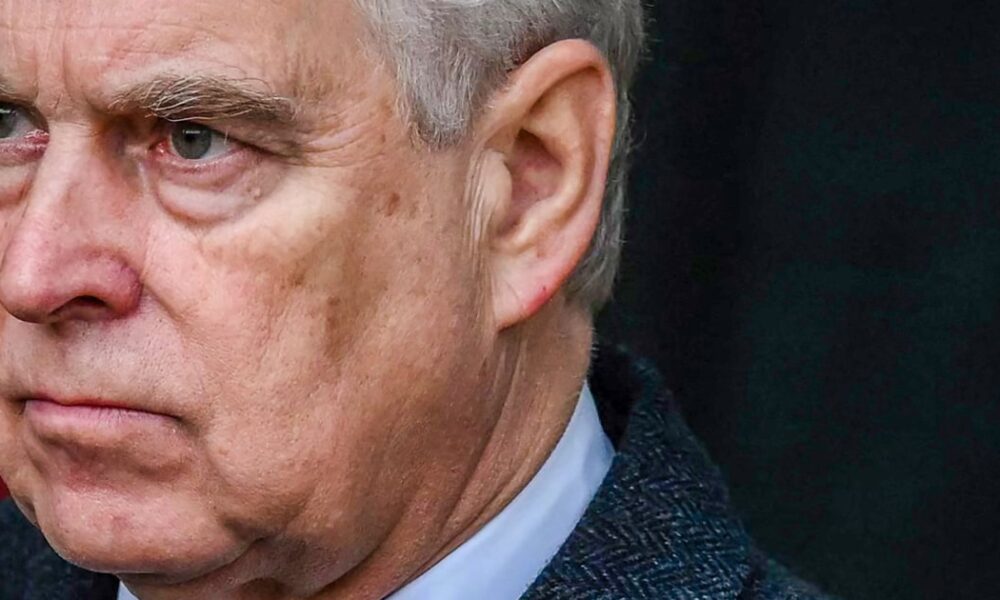The international community faces pressing challenges in preventing genocide in Sudan, particularly as the situation has worsened since early 2022. With ongoing violence and humanitarian crises, the ability of the United States and global organizations to intervene effectively has diminished. As the situation escalates, the actions of former President Donald Trump could play a critical role in shaping future responses.
The conflict in Sudan has resulted in significant casualties and displacement, with reports indicating that more than 2 million people have fled their homes since the violence intensified. According to the United Nations, the ongoing clashes between rival military factions have led to widespread atrocities, including targeting civilians and humanitarian workers. The urgency for a coordinated international response has never been greater.
Global Options for Intervention Diminish
The options available to the United States and its allies to prevent genocide in Sudan have become increasingly limited. The African Union and other regional organizations have struggled to mobilize adequate support and resources for intervention. Sanctions and diplomatic pressure have not yielded significant results, leaving many to question the effectiveness of current strategies.
The International Criminal Court (ICC) has taken steps to investigate reported war crimes, but the political complexities surrounding international law complicate the enforcement of justice. The lack of a unified approach from global powers hampers efforts to address the situation, raising concerns about the potential for further escalation.
In July 2023, as the conflict reached alarming levels, human rights organizations such as Human Rights Watch urged the international community to take decisive action. They highlighted the need for comprehensive measures, including increased humanitarian aid, support for transitional justice, and accountability for those responsible for atrocities. The effectiveness of these measures will largely depend on political will and international cooperation.
Trump’s Potential Influence
As discussions about Sudan’s future unfold, the influence of former President Trump cannot be overlooked. Although he is no longer in office, his administration’s policies toward Sudan and the broader region set significant precedents. His potential return to political leadership could shift U.S. foreign policy, presenting both opportunities and challenges in addressing the ongoing crisis.
Trump’s past engagement with Sudan included the normalization of relations between Sudan and Israel, a move that opened avenues for economic support. If he chooses to leverage his influence effectively, he could advocate for a renewed focus on humanitarian assistance and diplomatic efforts aimed at stabilizing the region.
The former president’s approach to foreign policy has often been characterized by a preference for bilateral agreements and direct negotiations. This could present an opportunity for innovative solutions to the challenges facing Sudan. Engaging with local leaders and international partners may help facilitate a more effective response to the humanitarian crisis.
In conclusion, the situation in Sudan demands immediate attention and action from the global community. The options for intervention may be limited, but the consequences of inaction are dire. As the world watches, the potential impact of leaders like Donald Trump on U.S. policy could shape the course of events in Sudan, making it imperative for all stakeholders to engage constructively in seeking solutions. The international community must remain vigilant and responsive to prevent further atrocities and support the people of Sudan in their time of need.







